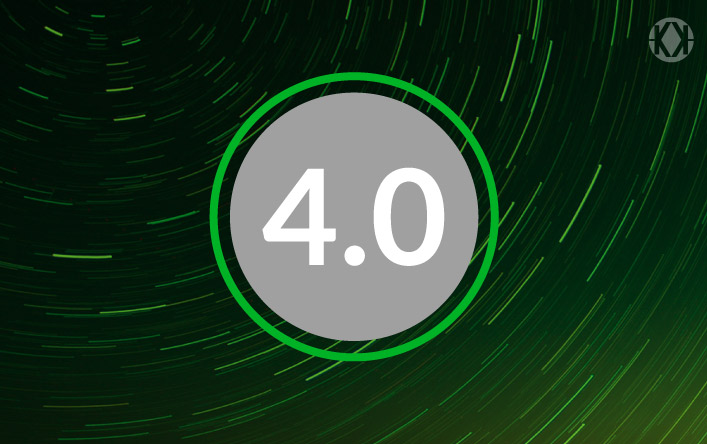Announced in recent years as the fourth industrial revolution, Industry 4.0 refers to the growing trend towards automating the production lines, driven by technologies such as the Internet of Things (IoT), Artificial Intelligence (AI), cloud computing, and machine learning.
According to Kevin Magee, National Director of Intelligent Cloud Emerging Technologies at Microsoft, while the first three industrial revolutions focused on geographic centralization and mass production, this new move is driven by mass customization as well as manufacturing and delivery flexibility.
“Instead of creating and managing inventories, the industrial sector today seeks to create an integrated supply chain that will dynamically adjust and adapt itself to real-time logistics requirements to meet the demands of suppliers and customers,” explains the executive in an article published on the ComputerWorld website.
All without human intervention in the production processes. From end to end.
A bit of history
The first time “Industry 4.0” was officially quoted was in 2013, in Germany. At that time, the entry referred to a bold plan to computerize the country, evidenced two years later by then Chancellor Angela Merkel, during the World Economic Forum Davos.
“She enthusiastically pointed out this new model as a means of ‘quickly addressing‘ the merging of the online world and the industrial production. And a great part of the industrialized world seemed to register that, “he says.
Since then, the issue has been treated as a priority in the sector’s agenda, both abroad and in Brazil.
The brazilian market
The Industry 4.0 theme was highlighted in the How to boost IoT solutions “made in Brazil?” panel presented at Futurecom 2018.
“It is very difficult to find products that fit the needs of Industry 4.0. To solve this, we would need an alliance between producers, solution appliers and buyers, but we don’t have it today,” said Tatiana Medina, CIO of Klabin, during the panel.
However, the executive pointed out that this scenario does not discourage her. “We are very open to embracing these new technologies,” she said.
And Tatiana is not alone. According to a survey conducted in July 2018 by the National Confederation of Industry (CNI), 48% of the major companies in the industry intend to invest in technologies related to industry 4.0 later this year.
In addition to conceptually adjusting products to meet the needs of the industry, as evidenced by Tatiana Medina, another major challenge of Industry 4.0 in Brazil is connectivity.
Both challenges are related to Khomp’s concept of Enabling Technology. Do you want to know how this works? Subscribe to our newsletter and check out the Khomp Blog regularly for the next articles in this new series!
